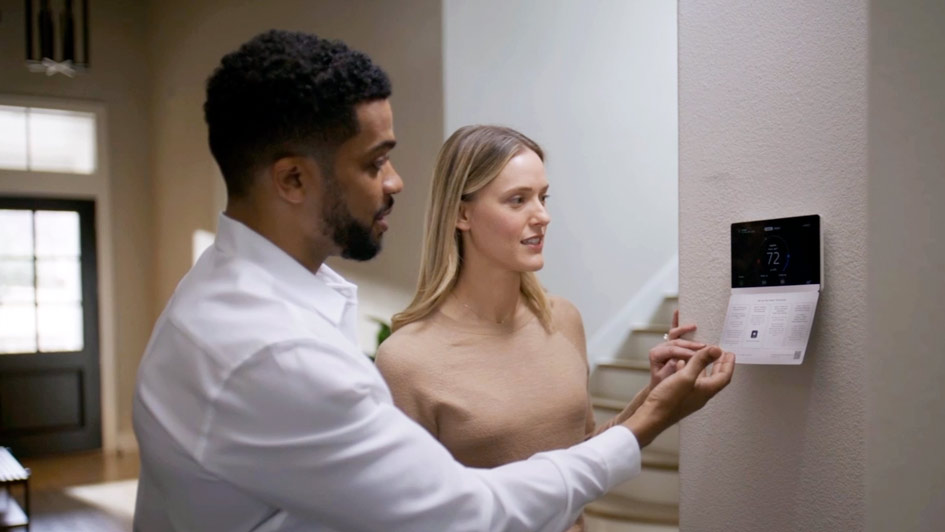
Buying your first home is exciting. You’re likely juggling a dozen things or more about making the right choice. We believe that understanding your future HVAC system is crucial. The property’s HVAC system represents a significant investment and potential source of long-term costs, illustrating why a detailed inspection should be a top priority for first-time homebuyers.
In the following guide, we’ll outline seven tips for learning everything you can about a home’s heating and cooling system. And if you want a deeper opinion from the pros, don't hesitate to contact Assured Appliance & Heating & Air. Our seasoned technicians can help you compare your options with industry insights that are second to none.
1. Which Kind of HVAC System Does the Home Use?
Start by determining what kind of HVAC system the home includes. Furnaces generally last longer compared to air conditioners, and relatively new types of HVAC systems like heat pumps boast average life spans longer than ever. Knowing the make and specific model provides a clear idea of how much routine maintenance it might need.
2. How Old Is the Current HVAC System?
Another good idea is to find out how old the HVAC system is when you're considering a new home. For the most part, HVAC systems tend to run for about 10-12 years. Learning its approximate installation date helps you anticipate future maintenance needs or considerations if it might shut down for good. Older systems may be more vulnerable to problems, so planning ahead of time for a replacement unit could be necessary sooner than you thought.
3. Does the System Have a Warranty?
Check if the HVAC system is still under warranty. If it is, this can lower maintenance expenses. HVAC warranties should take care of parts and labor, but it's important to note that details will vary. Make sure you go over any terms that seem confusing to make sure you fully understand your coverage and the likelihood of out-of-pocket costs.
4. Has the System Ever Been Professionally Serviced or Maintained?
Don't forget to check the maintenance history of the HVAC system, if that information is accessible. This service history can demonstrate if there have been regular problems or how often a tune-up was scheduled. Inquire about key tasks like filter changes, which means it enjoyed more regularly scheduled tune-ups.
5. What Are the Energy Efficiency Ratings?
Purchasing a home with a heating and cooling system with strong energy efficiency means smaller utility bills and a smaller environmental impact. Try and find the seasonal energy efficiency ratio (SEER) ratings for air conditioning as well as the annual fuel utilization efficiency (AFUE) for furnaces. High SEER ratings mean more efficient cooling throughout the season, while higher AFUE ratings illustrate that the fuel is efficiently converted into useable heat.
6. Can You Spot Trouble After Completing an Informal Inspection?
Even if you don’t have the know-how of an HVAC technician, it's still a good idea to examine the HVAC system on your own. Look for potential issues that might have been overlooked. This might consist of odd sounds, stubborn patches of the house that are too hot or cold and attempts at concealing any obvious damage.
7. Have You Asked Your Local HVAC Professional?
If you're still hesitant to make an offer because of the current state of the HVAC system, it's never a bad idea to get a professional opinion from certified HVAC professionals. They can spot things you might miss, such as leaking coolant, wiring issues or inefficient ductwork.
A Consultation with Assured Appliance & Heating & Air Simplifies Your Home-Buying Journey
Choosing your first home ought to be exciting, and Assured Appliance & Heating & Air wants to ensure yours is too. Reach out with us at 847-306-8990. We can go over the details about how our HVAC services help make this process smoother, giving you what you need to make an offer with confidence.

